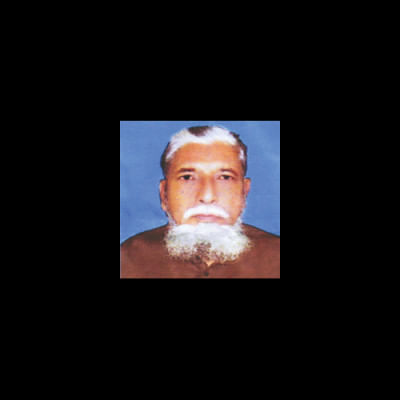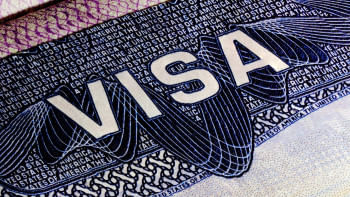Death for Khokon Razakar

A tribunal in Dhaka today sentenced BNP leader MA Zahid Hossain Khokon to death on six charges of crimes against humanity committed in Faridpur during the Liberation War in 1971.
The 70-year-old has also been awarded him different terms of imprisonment in absentia on four other charges as the International Crimes Tribunal-1 found him guilty in total 10 out of 11 charges levelled against him.
Khokon, who is assumed to have fled the country and been living in Sweden, was acquitted of one charge brought against him for abducting 19 people at Bongram in Faridpur.
The court proceeding began with Justice Anwarul Haque, a member of the ICT-1, reading out the summary of the 109-page verdict around 11:00am. Later, another member of the three-judge panel, Justice Jahangir Hossain, read out the second phase of the judgment.
Tribunal-1 Chairman Justice M Enayetur Rahim read out the main portion of verdict.
VERDICT AGAINST KHOKON
The ICT-1 awarded Khokon capital punishment for killing 19 people including women and children at Kodalia village and for setting fire to many houses and gunning down four people at Ishwardi village during the Liberation War.
He was also sentenced to death for burning to death three people at Kodalia village, shooting one Asiruddin Matubbar of Meherdia village dead and for accompanying the army, who shot dead Safizuddin Matubbar.
Khokon along with Razakars and the Pakistani army on May 31 went to Goaldi village and shot dead two persons including a two-year-old baby for which he was given death penalty.
He received capital punishment for his involvement in killing six people at Purapara village on May 31, setting fire to many houses at Bagat and Churichar villages on June 1 and killing around 15-20 people.
The tribunal jailed him for 20 years for his involvement in looting and raping two women at Chandhat village on May 27. He was given 10 years imprisonment for converting eight Hindus at Jongurdi-Bagutia village into Muslims any day between May 16 and May 28 in 1971.
Khokon received five years’ imprisonment for destroying houses at Jongurdi-Bagutia village while another five years for shooting and injuring one Kanailal Mondol of Jonggurdi-Bagutia village.
TRIAL PROCEEDING
The tribunal drew conclusion to the proceedings of the case on April 17 this year.
An investigation agency completed probe against the war crimes accused on May 29 last year and submitted a probe report to the prosecution.
The prosecution on June 23, 2013 submitted formal charges to the tribunal. The court subsequently took the charges into cognisance on July 18 and framed charges against the accused on October 9 last year.
As many as 24 witnesses including investigation officer of the case Satya Ranjan Roy testified against Khokon with the prosecution producing their first witness on November 21.
The prosecution began placing their arguments on April 9 this year and after four days of hearing from both sides, the tribunal on April 17 kept the case waiting for verdict.
KHOKON’S PROFILE
Khokon took part in election campaign for a Jamaat-e-Islami candidate in 1970 and had got involved with the party before he joined BNP.
As the vice-president of Nagarkanda unit BNP, he took part in the municipality election in 2011 and became mayor but went into hiding after taking the oath.
The investigation officer said they had no concrete information on his whereabouts but believes the accused might be in Sweden with his son and daughter.
Khokon was allegedly a close associate of Abul Kalam Azad, a condemned war criminal from Faridpur.
Khokon, his elder brother Zafar, Azad and other anti-liberation people allegedly welcomed the Pakistan occupation army in Faridpur on April 21, 1971 and received arms from them.
Zafar and a number of Pakistani army men were killed in a battle at Chandhaat on May 29, 1971.
After Zafar's death, four Razakar groups, including that of Khokon and Azad, were involved in looting, arson and killing in many villages for three subsequent days.

 For all latest news, follow The Daily Star's Google News channel.
For all latest news, follow The Daily Star's Google News channel. 



Comments